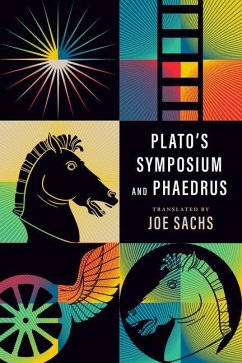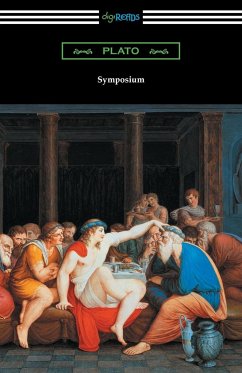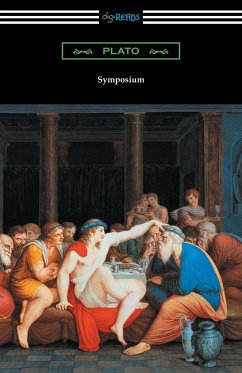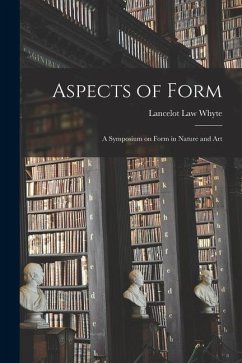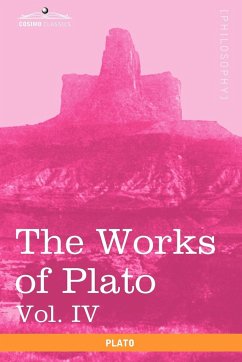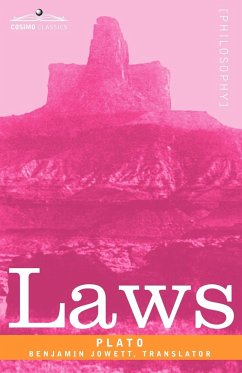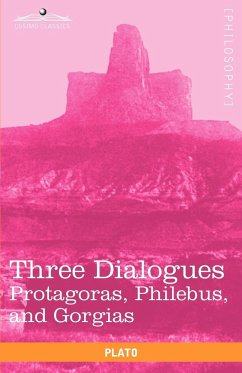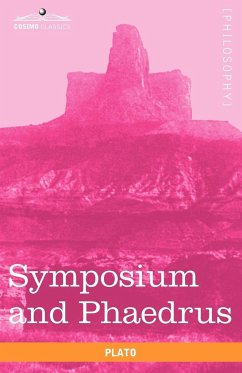
Symposium and Phaedrus
Versandkostenfrei!
Versandfertig in 1-2 Wochen
13,99 €
inkl. MwSt.
Weitere Ausgaben:

PAYBACK Punkte
7 °P sammeln!
This combined book of two of Plato's most famous dialogues, Symposium and Phaedrus, contemplates the theme of love, looking at the phenomenon through various philosophical lenses. Symposium wonders about the nature, origins, and meaning of love, especially about the relationship of love and beauty. Phaedrus discusses the psychological background of love, comparing those who are in love or have love with those who do not. Both works offer insight into Platonic doctrine in the well-known and easy-to-read Jowett translation. One of the greatest Western philosophers who ever lived, Plato (c. 428-3...
This combined book of two of Plato's most famous dialogues, Symposium and Phaedrus, contemplates the theme of love, looking at the phenomenon through various philosophical lenses. Symposium wonders about the nature, origins, and meaning of love, especially about the relationship of love and beauty. Phaedrus discusses the psychological background of love, comparing those who are in love or have love with those who do not. Both works offer insight into Platonic doctrine in the well-known and easy-to-read Jowett translation. One of the greatest Western philosophers who ever lived, Plato (c. 428-347 B.C.) was a student of Socrates and teacher of Aristotle. Plato was greatly influenced by Socrates' teachings, often using him as a character in scripts and plays (Socratic dialogues), which he used to demonstrate philosophical ideas. Plato's dialogues were and still are used to teach a wide range of subjects, including politics, mathematics, rhetoric, logic, and, naturally, philosophy.




